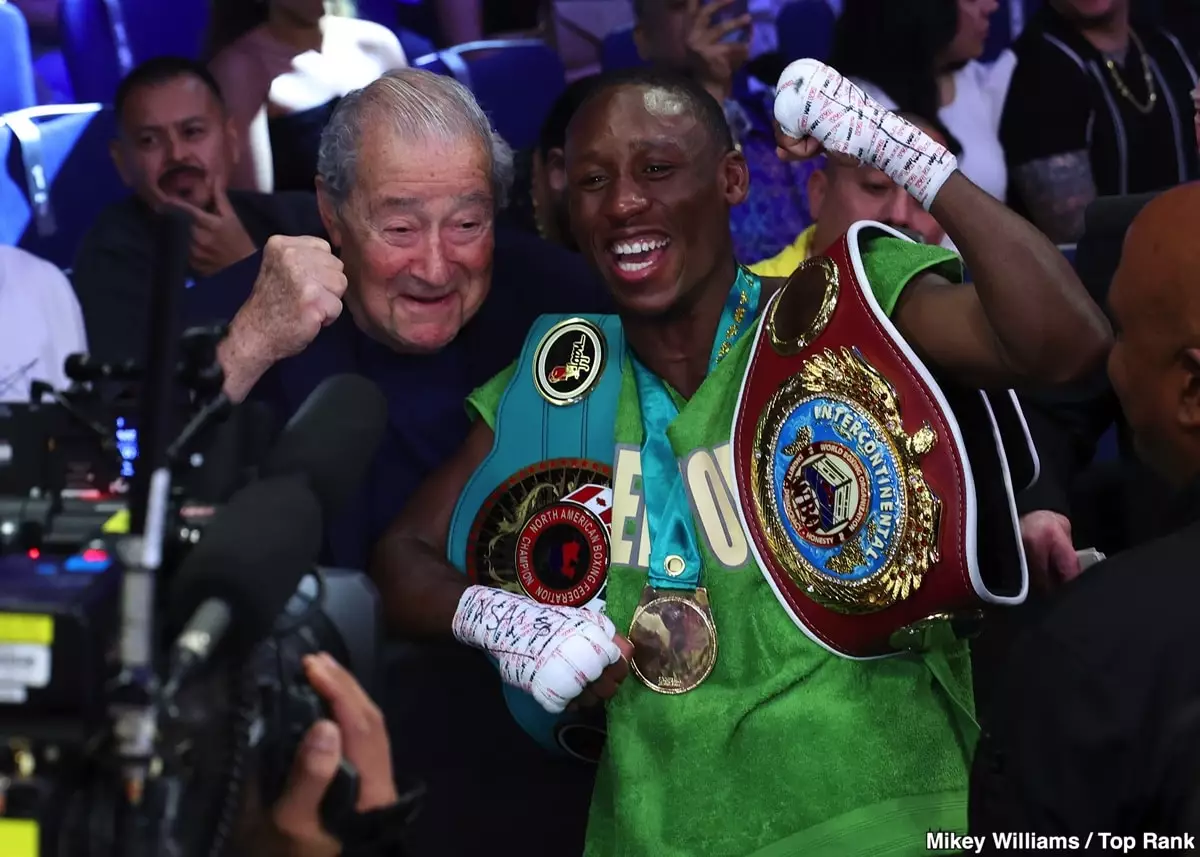Nick Ball’s recent career moves cast a shadow over the sport’s integrity, raising questions about whether championship titles are truly earned or simply held for convenience. As WBA featherweight champion, Ball’s decision to defend his belt primarily against older, less challenging opponents like Ronny Rios and TJ Doheny suggests an opportunistic stance rather than a competitive spirit. His defense choices seem driven more by convenience than by a genuine desire to test his limits or elevate the division’s standards. This pattern of avoiding high-profile opponents undermines the legitimacy of his reign and paints a picture of a champion more interested in maintaining status than in advancing the sport’s competitive integrity.
Dissecting the Clash Between Carrington and Ball
Bruce Carrington’s candid critique underscores a broader issue plaguing boxing — the manipulation of opportunities for personal or managerial convenience. Carrington, who is ranked number two by the WBA and boasts an impressive record of 15-0, emphasizes his desire to face the best in the division, specifically targeting Ball as his ideal next opponent. However, the refusal by Ball’s team to entertain legitimate challenges reveals a reluctance to let go of the title’s comfort zone. Instead of embracing credible contenders, Ball seemingly prefers to defend against fighters from lower weight classes or older, less formidable opponents. This strategy not only limits the division’s growth but also deprives fans of the compelling, competitive matchups they crave.
What’s Really Driving Ball’s Decisions?
The key question that arises is whether Nick Ball’s reluctance stems from genuine inability or from strategic avoidance. His choice to face fighters outside his weight class, such as super bantamweight Sam Goodman, suggests a desire to shield his record from tougher competition. It’s both a reflection of cautious management and perhaps a fear of losing credibility in the eyes of fans and critics alike. If this pattern continues, Ball’s reign risks being remembered not for his skill but for his avoidance of true challenges. His move to sideline the highly touted Carrington demonstrates a prioritization of comfort over greatness, risking stagnation rather than paving the way for legendary fights.
The Impact on the Division and Future Prospects
The division’s health and credibility hinge on its willingness to confront its true contenders. When champions like Ball dodge legitimate titles, it stifles growth and keeps the division from reaching its full potential. Carrington’s assertiveness and clear intent to fight top-tier opponents expose a disconnect between fighters genuinely seeking greatness and those more focused on maintaining safe zones. If the WBA and other governing bodies continue to accommodate avoidant champions, they contribute to the gradual erosion of boxing’s prestige. Conversely, elevating serious contenders and enforcing meaningful title defenses can restore credibility, excitement, and fairness to the sport.
This ongoing saga highlights the vital importance of integrity and ambition in boxing. As fans and insiders, watching champions like Ball sideline authentic contenders serves as a reminder that true greatness requires more than just holding a belt—it demands the courage to defend it against the best.

